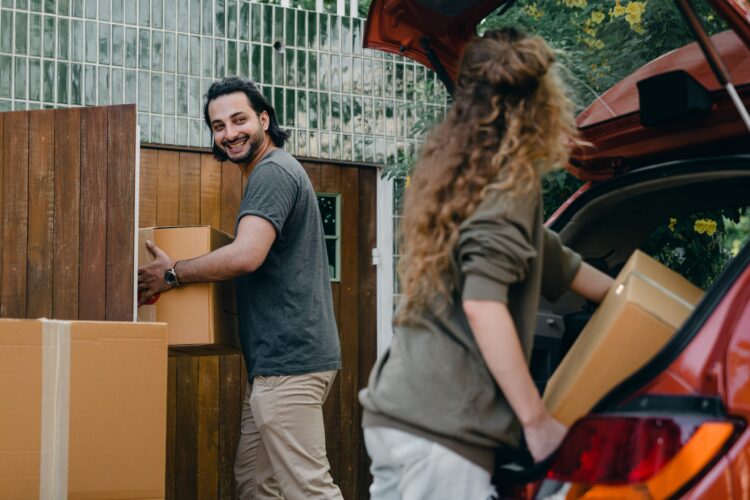 If you are beginning addiction recovery and feeling an urge to reboot your entire life, much as you would a glitching or frozen computer, you may want to consider “doing a geographic.” The expression originated at some point in an Alcoholics Anonymous (AA) meeting room and refers to moving away from a physical location that you associate with substance use and starting fresh somewhere new.
If you are beginning addiction recovery and feeling an urge to reboot your entire life, much as you would a glitching or frozen computer, you may want to consider “doing a geographic.” The expression originated at some point in an Alcoholics Anonymous (AA) meeting room and refers to moving away from a physical location that you associate with substance use and starting fresh somewhere new.
It remains true that “wherever you go, there you are”; in other words, doing a geographic will not help you avoid the strenuous, illuminating inner work that recovery requires. But scientific evidence supports the notion that moving to a new place, away from old temptations and connections, can benefit sobriety.
Scientific Evidence Supports a Move
In 1982, two scientists conducted a study showing that people recovering from substance use disorders fared better in treatment when they moved away. The study followed approximately 250 people in a Texas town who struggled severely with opioid addiction. It found that more than half the participants abstained from drug use and avoided relapse with greater success when they moved away from the town. Those who remained or returned to the town experienced shorter periods of abstinence.
Moving away from old haunts cuts ties to personal connections that create easier access to your drugs of choice. If you don’t know the right people or places to obtain the substances that harm you, you have less opportunity and urge to seek out your demons.
Crucial to remember is that doing a geographic is not the end of the journey. You will need to find recovery support in the new location. Without continued support and a healthy lifestyle, the chances for relapse increase.
How Moving Can Benefit Recovery
Success in sobriety depends on many factors. According to an article in Psychology Today by Dr. Denise Fournier, six factors contribute to long-term recovery:
- Readiness to Change
- Belief in the Ability to Overcome Challenges
- Maintenance of Psychological and Emotional Wellness
- Support
- Structure
- Productivity
How might these factors come into play when we do a geographic? Choosing to move to a new destination fully invites change into your life. And while it will be challenging to move your possessions, start a new job, and become accustomed to new scenery and geography, you can draw on the stress management techniques you learned in treatment. As you organize your new life and adjust to the new location, you will gain confidence in your ability to take care of yourself.
As mentioned above, finding support in the new location is essential. Counseling, wellness activities, and support groups help ensure that you build a healthy community for yourself. These activities will also add structure to your daily routines and potentially lead you to new interests, hobbies, and even careers.
In short, when we change our location, we change the environmental factors that may have contributed to our addiction:
- Family environment
- Peer environment
- Work/school environment
- Community environment
If your family, peer, work, or community environments are especially complicated and toxic, a move might be the most reasonable path to finding peace and stability. And even if you have good relationships with family and friends, a move can give you perspective on those relationships, possibly strengthening ties through distance.
Whether you decide to do a geographic or stay put, Great Oaks Recovery is here to help. As you complete our full continuum of care, you’ll learn more about yourself and what you truly need to maintain your sobriety. We can help you think through your options and make the decisions that will support your well-being.



